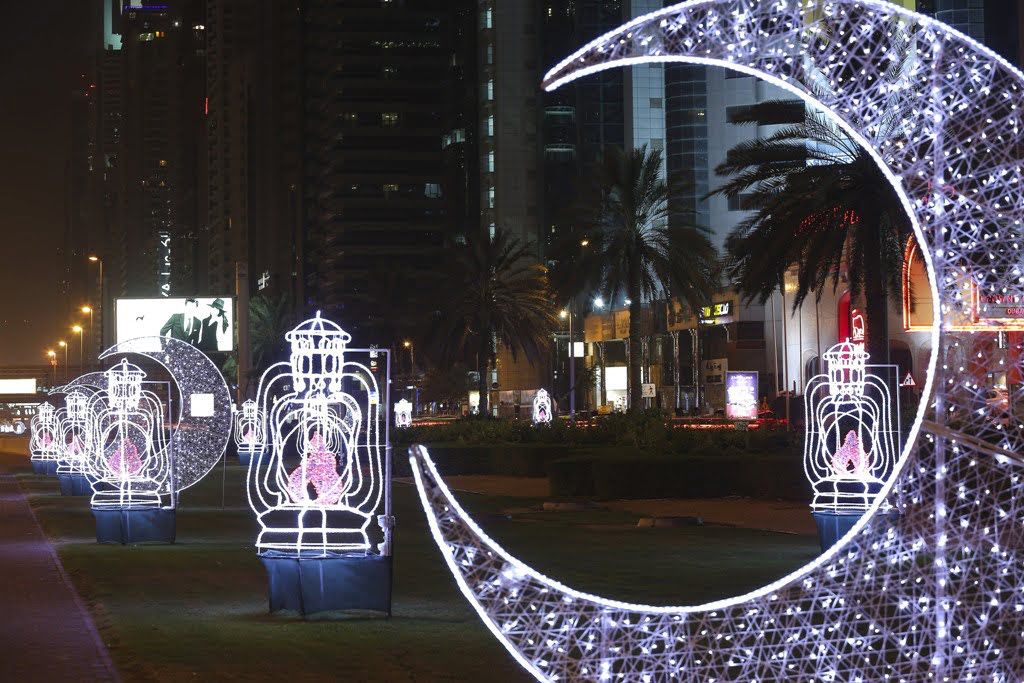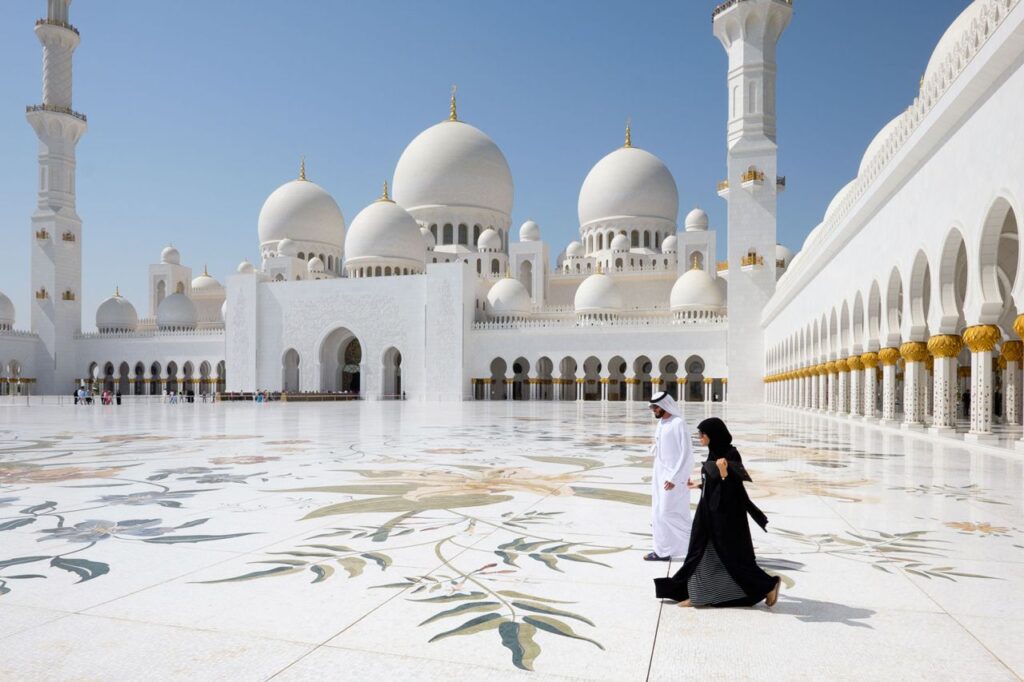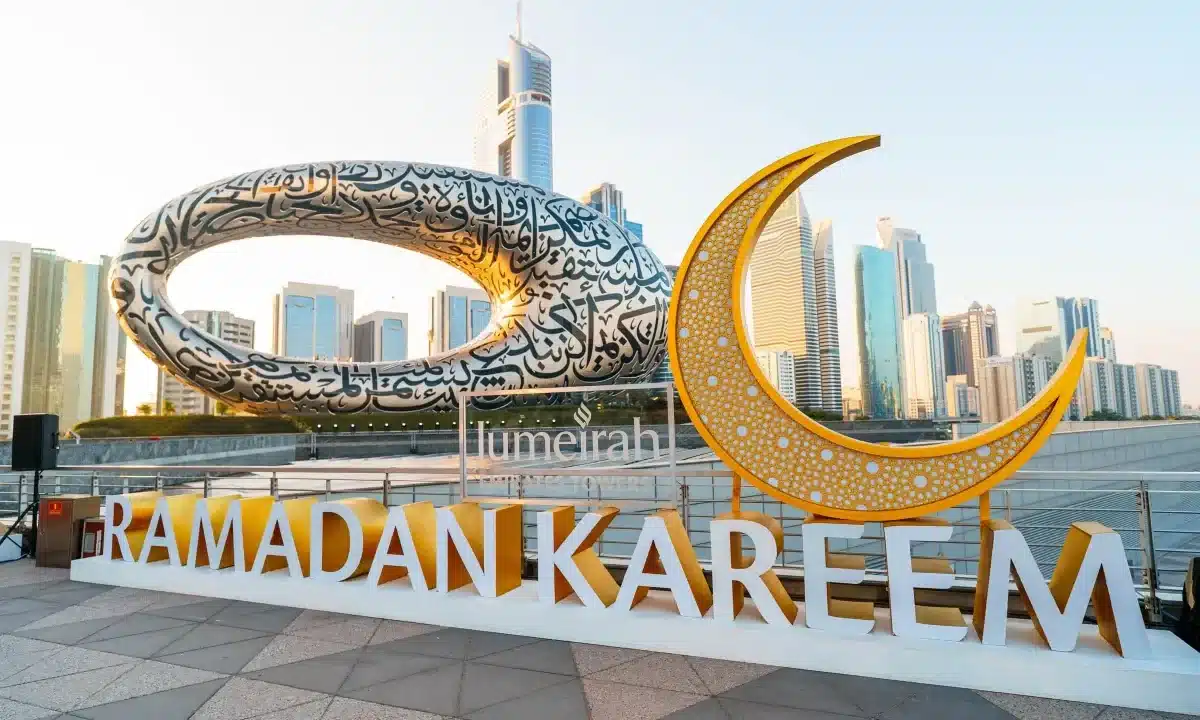Essential Etiquette and Guidelines for Ramadan 2025 in the UAE
Rules of Conduct in the UAE During Ramadan 2025
Ramadan is a sacred month observed by Muslims worldwide, marked by fasting, prayer, and spiritual reflection. The UAE, being a predominantly Muslim country, upholds certain rules and etiquette during this holy month to respect its cultural and religious significance. Whether you are a resident or a visitor, understanding and adhering to these customs is essential to ensure a respectful and harmonious experience.

General Rules of Conduct During Ramadan in the UAE
Respect for Fasting Hours
From dawn to sunset, Muslims fast by abstaining from food, drink, and smoking. Non-Muslims are expected to show respect by refraining from eating, drinking, or smoking in public places during fasting hours. Restaurants remain open but typically offer take-away services or designated indoor dining areas.
Modest Dressing
Dressing modestly is particularly important during Ramadan. Men and women should avoid wearing revealing or tight clothing in public spaces. Opt for attire that covers shoulders and knees to align with local customs and show respect for the holy month.
Avoid Loud Music and Public Displays of Affection
Playing loud music in public places, including cars, is discouraged during Ramadan. Many establishments lower their music volume or turn it off completely. Public displays of affection, such as kissing and hugging, should also be avoided as they are considered disrespectful during this sacred time.
Work Hours and Business Operations
The UAE implements reduced working hours during Ramadan for both public and private sector employees. Government offices, banks, and some businesses operate on shortened schedules. It’s advisable to check updated working hours to plan appointments accordingly.
Patience and Understanding
Fasting from dawn to sunset can be physically demanding. Practicing patience, especially in traffic, workplaces, and public areas, helps maintain a peaceful environment. People may experience lower energy levels, and it is courteous to be understanding of their situation.

Non-Muslim Restrictions During Fasting Hours
While non-Muslims are not required to fast, they are expected to follow specific rules to respect those who are observing Ramadan:
- No Eating, Drinking, or Smoking in Public: Non-Muslims should avoid consuming food, beverages, or smoking in public spaces, including malls, offices, public transport, and on the streets.
- No Public Intoxication: Consuming alcohol in public is prohibited year-round, but extra caution should be exercised during Ramadan. Bars and restaurants serving alcohol often modify their hours or halt service during fasting hours.
- Refrain from Public Displays of Affection: To align with cultural norms, non-Muslims should avoid holding hands, hugging, or kissing in public areas during Ramadan.
- Show Cultural Sensitivity: While non-Muslims are not expected to participate in fasting, it is considerate to avoid discussing food cravings or excessive meal indulgences in the presence of fasting individuals.
Iftar and Social Etiquette
At sunset, Muslims break their fast with an evening meal known as Iftar. Many public spaces, mosques, and organizations host free Iftar gatherings, open to all. Non-Muslims are welcome to join, but it is important to be respectful of traditions and customs during these meals.
Additionally, Suhoor—the pre-dawn meal before fasting begins—is often enjoyed in restaurants and homes, and some establishments extend dining hours to accommodate it.

Conclusion
Ramadan is a time of spirituality, self-discipline, and community bonding in the UAE. While the country is welcoming to people of all backgrounds, respecting its religious customs enhances mutual understanding and ensures a positive experience for all. By following the cultural and legal guidelines, residents and visitors can navigate Ramadan with ease and appreciation for the country’s traditions.

